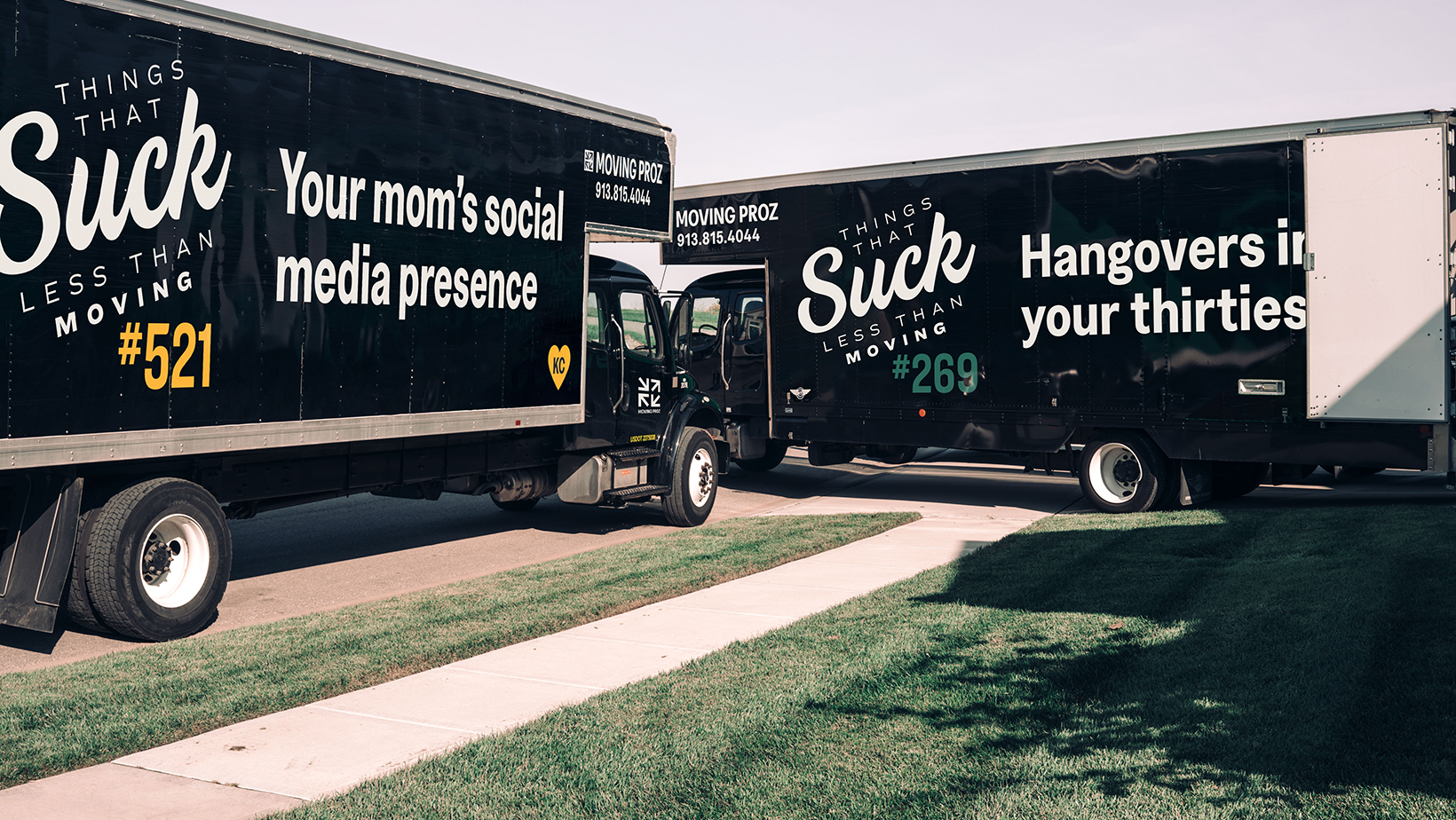Thinking about moving to Denver in 2025? You’re not alone. With its thriving job market, mountain views, and endless sunshine, Denver continues to draw in young professionals, families, and remote workers. But before you make the leap, you’ll want to get the full picture of what it costs to live here because while the Mile High City has a lot going for it, it isn’t cheap.
Here’s what you need to know about the real cost of living in Denver in 2025, backed by data and designed to help you plan your move wisely.
Housing Costs in Denver
Let’s cut to the chase: housing will be your biggest expense. As of 2025, the average home value in Denver is around $552,056, according to Zillow, which is slightly down from last year but still well above the national average. Want to rent instead? A one-bedroom apartment in the city center will run you about $1,930/month.
Luxury neighborhoods like Greenwood Village are pushing $800K to $900K for single-family homes. But Denver isn’t just for the wealthy. You can still find more affordable housing options in neighborhoods like Barnum, Valverde, and Westwood, which offer better value while maintaining safety and access to transit.
In popular rental areas like Capitol Hill, Congress Park, and Washington Park West, rents tend to range from $1,600 to $2,200, depending on unit size and amenities. Meanwhile, in suburban areas like Aurora and Lakewood, you can often find two-bedroom apartments for under $1,700.
Pro tip: Use tools like Redfin and local listings to monitor prices and team up with a Denver-based real estate agent to avoid overpaying.
Utility Costs in Denver
One silver lining: Denver’s mild weather keeps utility bills fairly reasonable. The average monthly energy bill is about $174.26, which is 13 percent lower than the national average, according to data from PayScale and the U.S. Energy Information Administration. If you’re moving from a place with extreme heat or cold, you’ll likely see some savings here.
Expect additional monthly utility expenses for water, trash, internet, and possibly HOA dues if you’re buying a condo or home in a planned community.
Food and Grocery Costs
Denver’s food scene is next-level, but eating out too often can drain your wallet fast. A meal at a mid-range restaurant will cost you about $16, not including drinks or tips. For a night out with appetizers, drinks, and dessert, expect closer to $40 to $50 per person.
Groceries are about 4% above the national average, according to RentCafe. Expect to pay:
- Eggs (1 dozen): ~$2.45
- Bread (loaf): ~$3.50
- Milk (1 gallon): ~$3.00
- Ground beef (1 lb): ~$5.75
Shop smart by taking advantage of local chains like King Soopers, Sprouts, and Trader Joe’s. Don’t skip the city’s many farmers’ markets either. These often offer fresh produce at competitive prices and are a great way to support local agriculture.
Healthcare Costs in Denver
Healthcare is a key cost of living factor that many people overlook. In Denver, the average monthly premium for a 40-year-old on a silver ACA plan is around $420. Routine doctor visits without insurance average about $130, while a dental cleaning can cost between $100 and $150.
Thankfully, Denver has a wide range of clinics, urgent care centers, and high-quality hospitals. If you’re working full-time for a company, make sure to compare employer-sponsored plans carefully since coverage varies widely.

Transportation Costs
Denver’s public transportation system (RTD) is solid. A standard monthly pass costs $114, while a regional pass, which covers longer commutes and airport trips, is $200/month. These are solid options if you live near bus or rail lines.
Driving? Gas prices hover around $3.32/gallon, which is about 2 percent below the national average, based on AAA reports. But factor in insurance, maintenance, registration, and downtown parking, which can be pricey. The average Denver resident’s car-related expenses clock in around $4,900 per year, more if you have a family.
Tip: If your job and lifestyle allow it, go car-free. Denver is bike-friendly, walkable in many areas, and has solid micro-mobility options like scooters and e-bikes.
Entertainment and Outdoor Fun
One of Denver’s best perks is its access to free or low-cost outdoor fun. From hiking and biking to festivals and farmers’ markets, there’s always something to do.
- Movie ticket: ~$12.50
- Gym membership: ~$43/month
- Lift ticket at a ski resort: ~$130/day
- State park entry: ~$10/vehicle
Many community events, like City Park Jazz, First Friday Art Walks, and neighborhood block parties, are totally free. If you’re into outdoor fitness, Denver’s parks and trail systems will keep you active without the gym fees. In the winter, budget-friendly snowshoeing and cross-country skiing are popular alternatives to the more expensive resorts.
Cost Comparison: Singles vs Families
For a single person living in Denver:
- Rent (1-bedroom): ~$1,930
- Utilities and internet: ~$250
- Groceries: ~$350
- Transportation: ~$114 (public transit)
- Entertainment and dining out: ~$200
- Total: $2,844/month
For a family of four:
- Rent (3-bedroom): ~$2,900
- Utilities and internet: ~$400
- Groceries: ~$900
- Transportation: ~$350
- Childcare/education: ~$1,000
- Entertainment: ~$300
- Total: $5,850/month
These estimates vary by lifestyle, neighborhood, and spending habits, but they provide a solid starting point for planning.
How to Save Money Living in Denver
Living in Denver doesn’t have to drain your savings. Here are a few ways to cut costs:
- Use the RTD EcoPass or employer-sponsored transit options
- Shop local and in bulk at markets like Sprouts or Costco
- Take advantage of the city’s free festivals and outdoor activities
- Consider getting a roommate to cut rent by up to 50 percent
- Use apps like Too Good To Go or Flashfood for restaurant leftovers and grocery deals
So, Is Denver Affordable?
It depends on your lifestyle and where you’re coming from. If you’re relocating from San Francisco, New York, or Seattle, Denver might feel like a bargain. But if you’re coming from the Midwest or South, you’ll notice a steep increase in housing and dining prices.
That said, Denver delivers a high quality of life, access to nature, great healthcare, and a booming job market in tech, healthcare, and green energy. Many people find the lifestyle perks are well worth the added costs.
Bottom line: Know your budget, research neighborhoods, and take advantage of free and low-cost options. Denver can absolutely work for you if you plan smart.
Need Help Moving to Denver?
At Moving Proz, we help you make smart moves, literally. Whether you’re relocating across town or the country, our team is here to take the stress out of your move.
We offer professional packing, secure storage options, and reliable transportation services tailored to your needs and budget. From high-rise apartments in LoDo to spacious homes in Cherry Creek, our local knowledge ensures your move is efficient and hassle-free.
Get your free quote today and start planning your Mile High adventure.
